
Hickey Receives Young Investigator Grant to Support International Research Collaboration
Funding from the HFSP will support Hickey and his collaborators investigate how different molecules direct cellular behavior
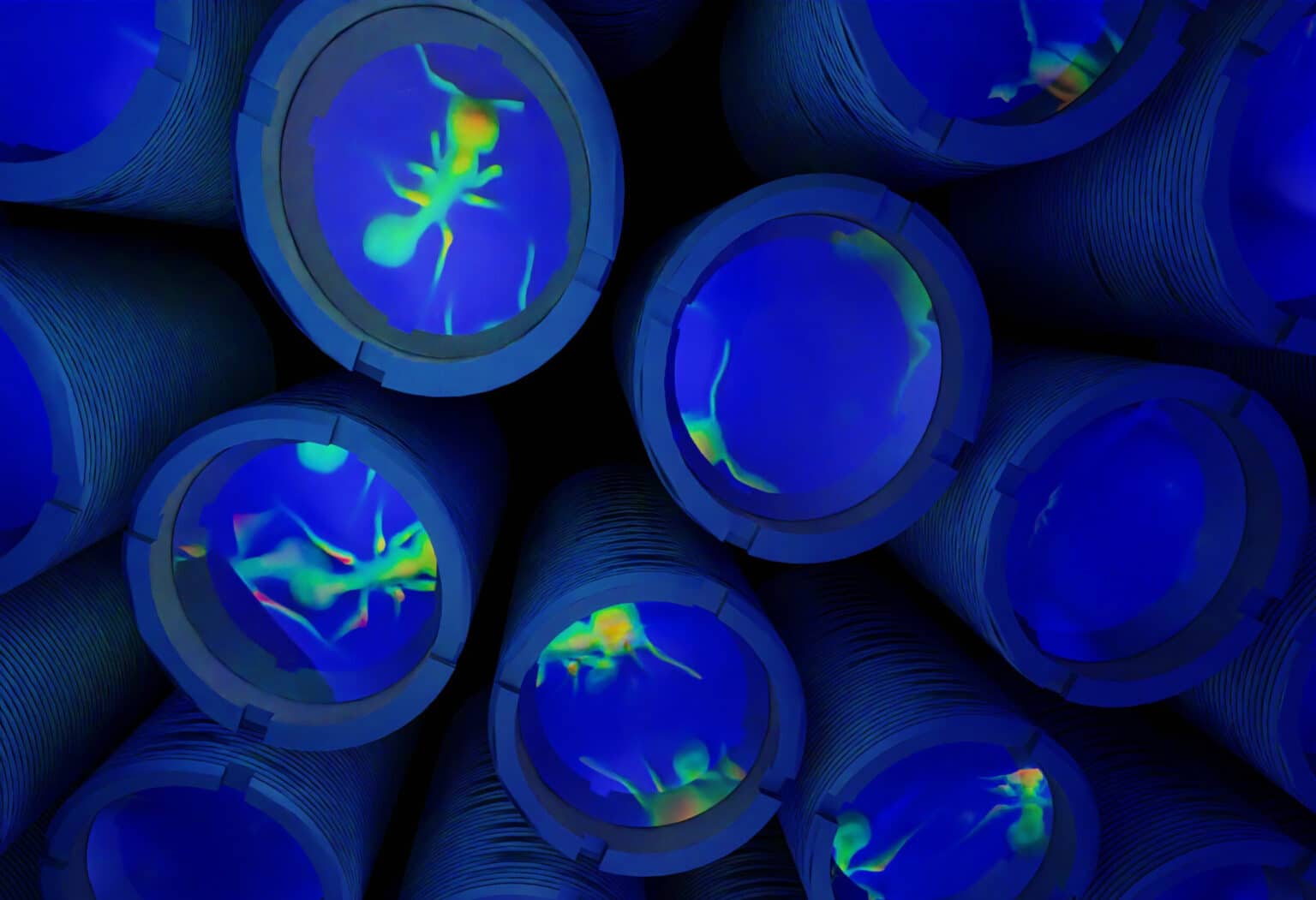
The department’s proximity to Duke University Medical Center has fostered a highly interdisciplinary approach. Duke BME engineers work closely with Duke’s biological scientists and physicians.
Our undergraduate and graduate students conduct research with the guidance of Duke BME faculty researchers—a community of innovators that includes many winners of prestigious scientific awards.
In one of the clearest hallmarks of faculty excellence, sponsored research at Duke BME has grown more than 60 percent over the last 5 years.
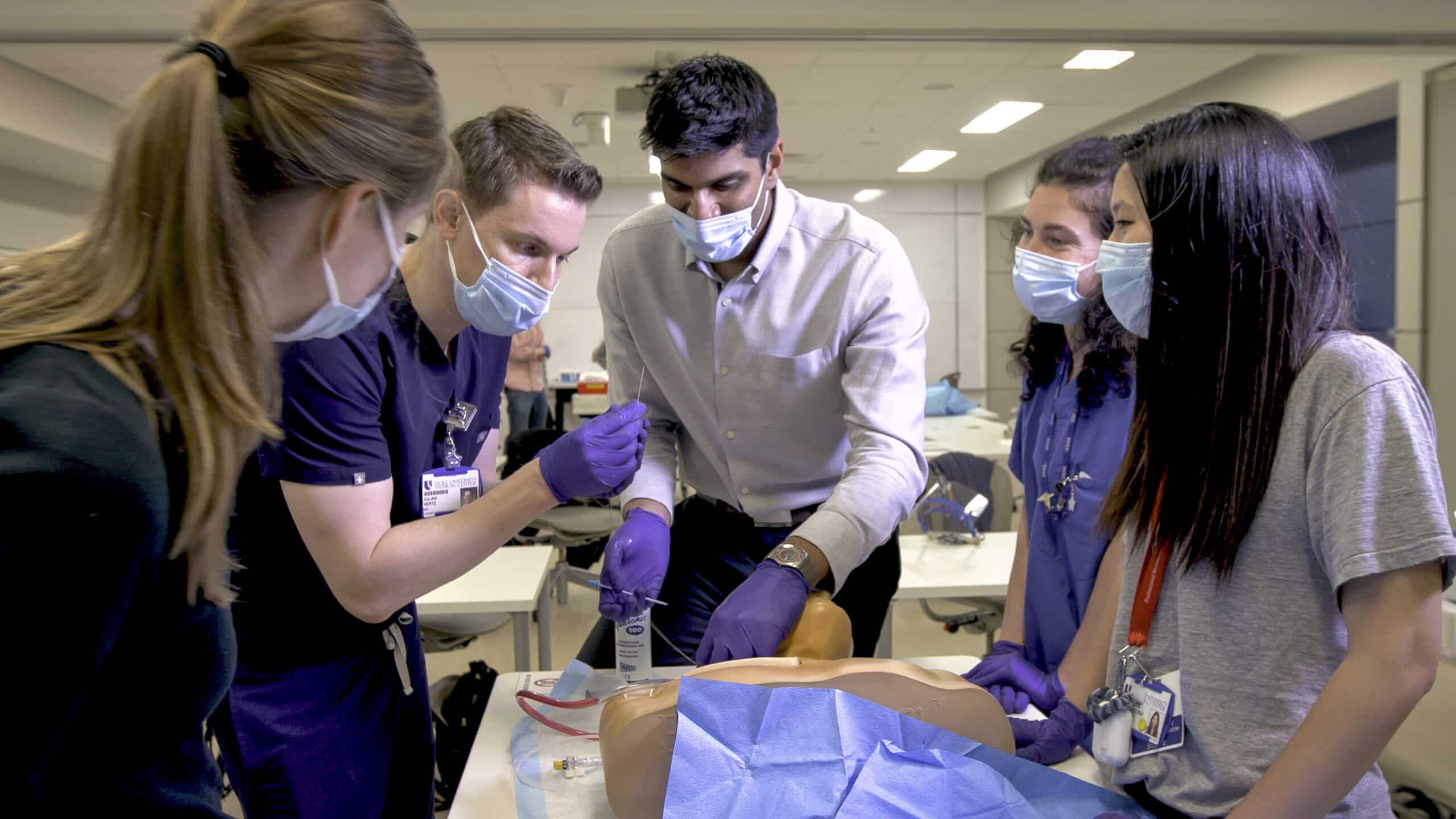
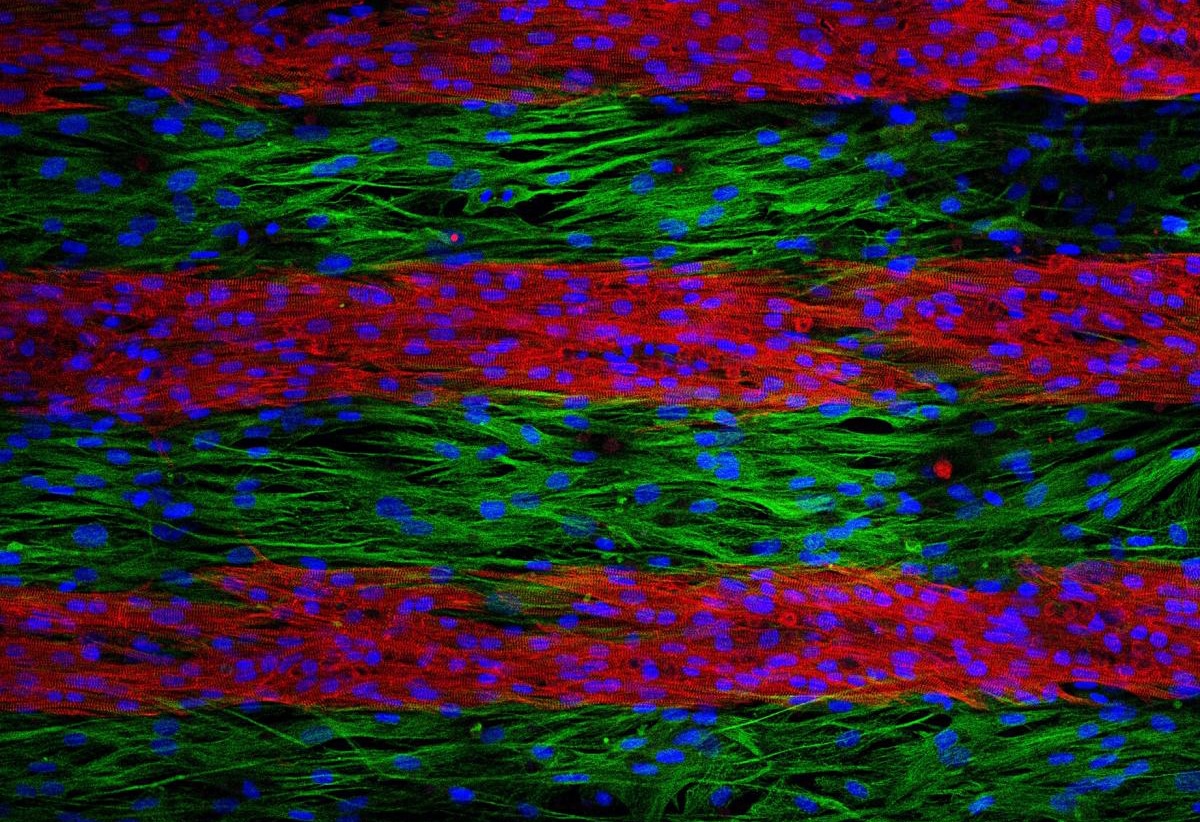
Spanning a range of length scales from the ion-channel to the organ level, with a focus on development of realistic models of cardiac muscle

Including the molecular design of soft materials, nanomaterials, immune-active materials and scaffolds for tissue engineering
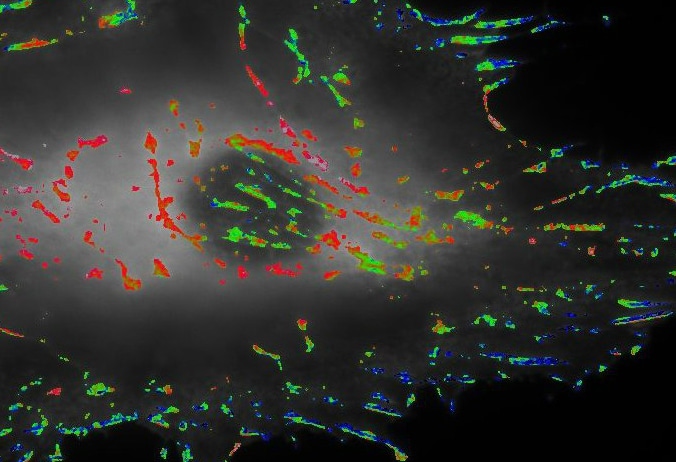
Focusing on mechanics at and across the molecular, cellular, tissue and organ levels

Developing innovative data science, machine learning, and digital health modeling approaches to transform multi-scale biomedical data into actionable insights
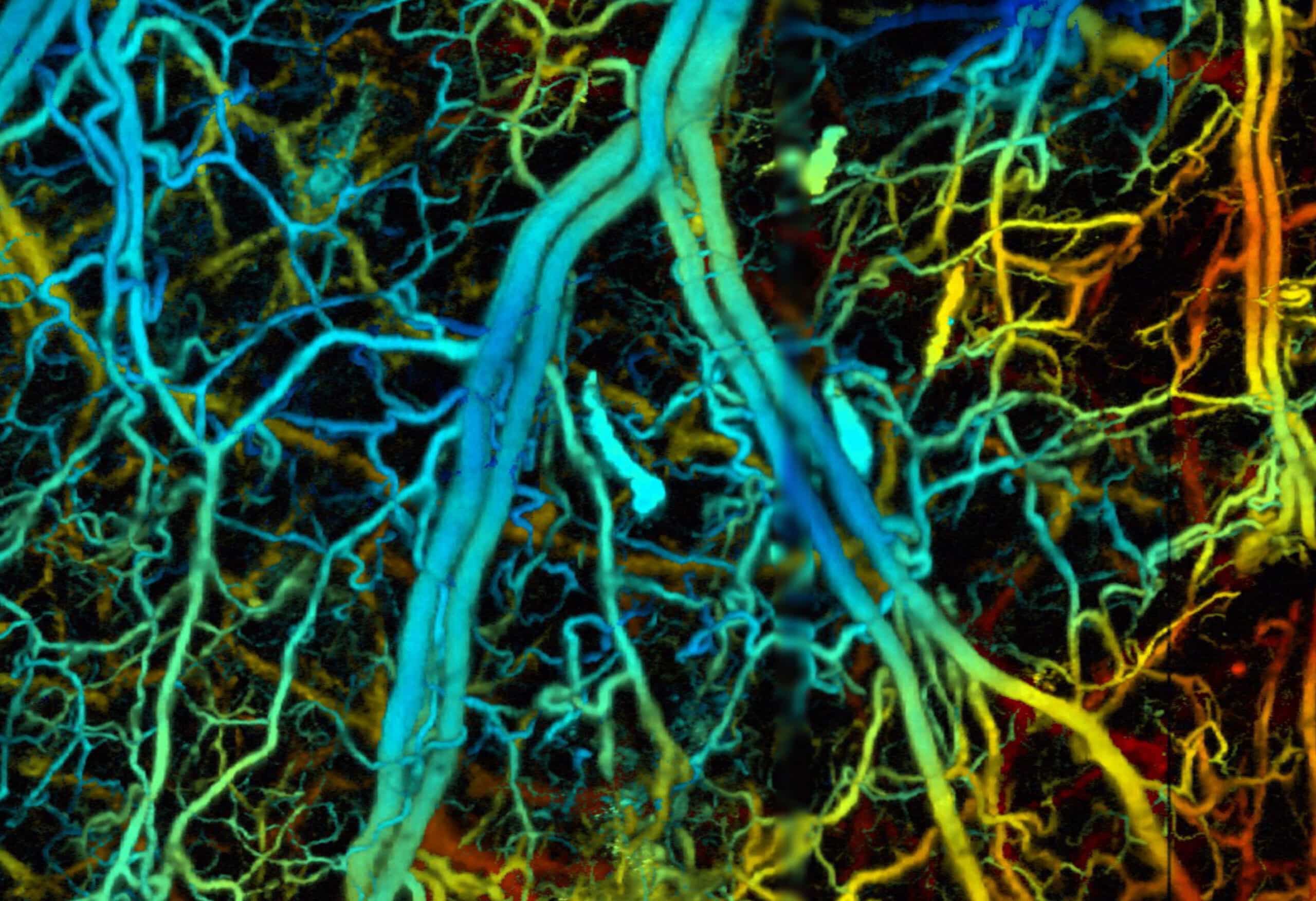
Advancing the physics and mathematical theory of imaging, image acquisition and image processing, hardware design and clinical applications
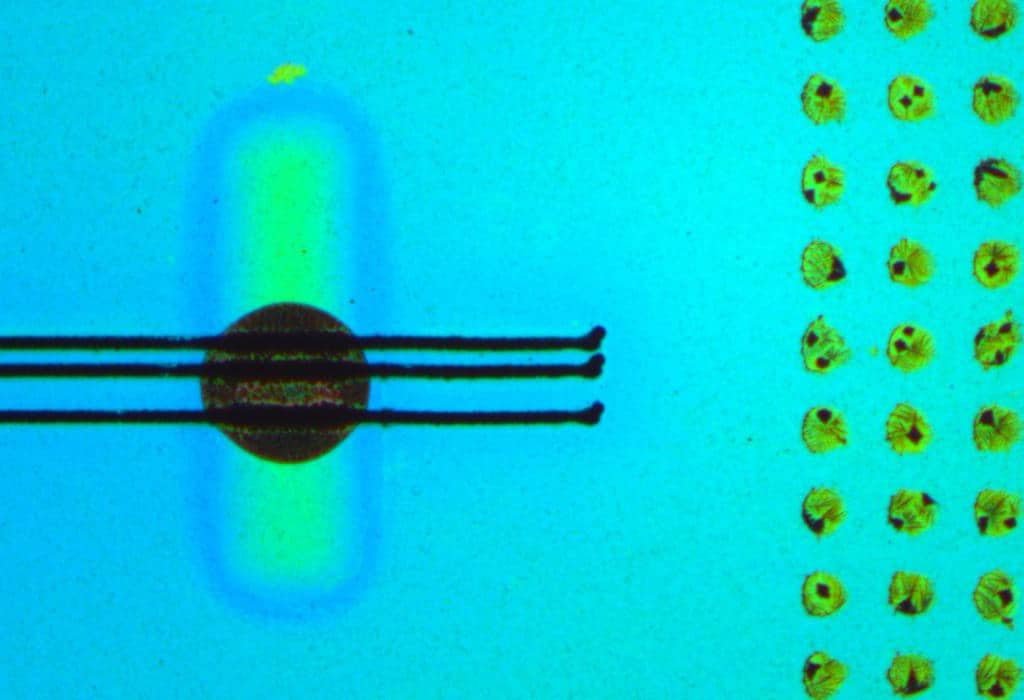
Utilizing recent advances in biochemistry, electronics, omics and physiology to develop novel diagnostic, therapeutic and prosthetic devices
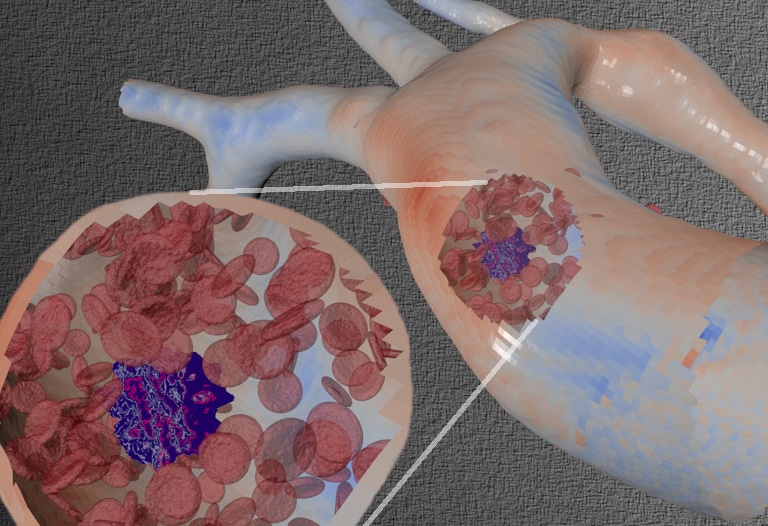
Using modeling, simulation, high-performance computing and data analysis to create testable hypotheses about mechanisms driving complex biological functions
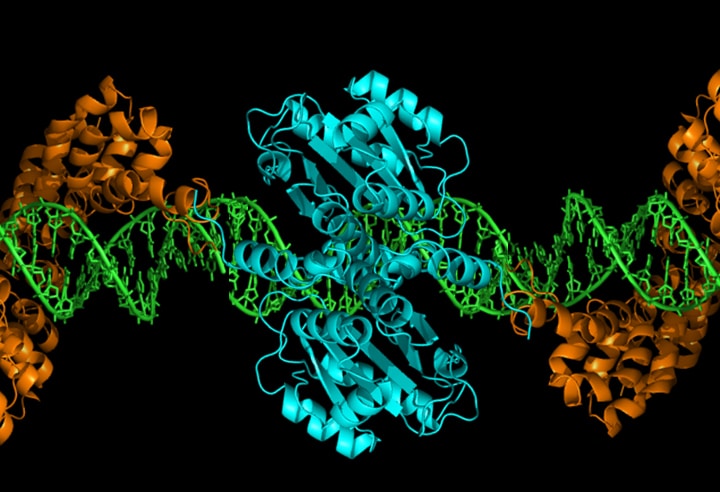
Understanding and developing new strategies aimed at therapies for cancer, infectious and cardiovascular disease, muscle disease, and gastrointestinal disease
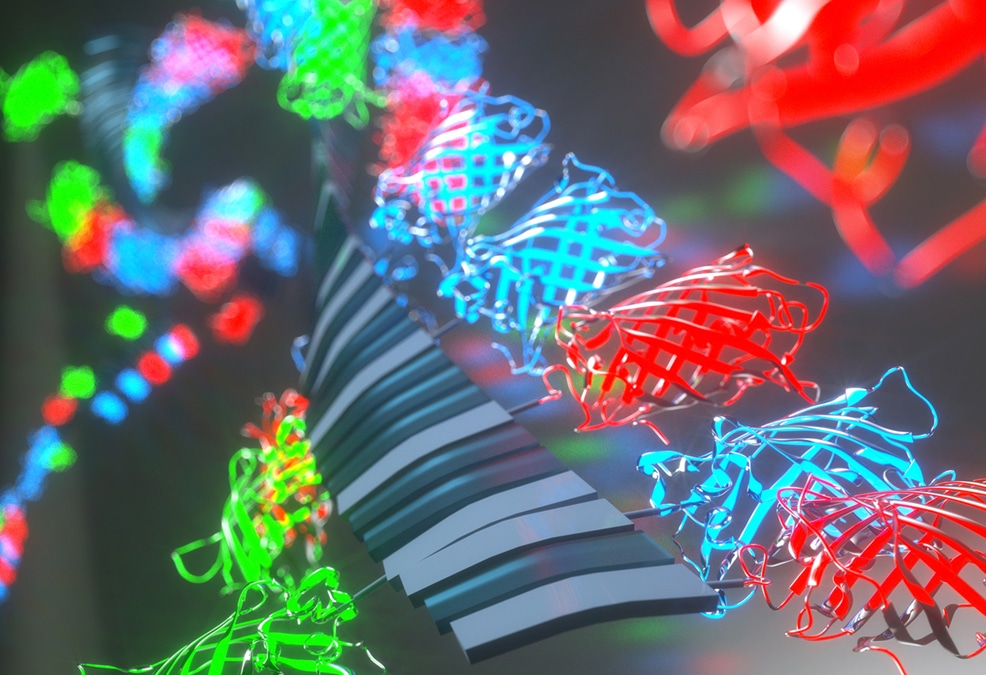
Designing novel vaccines and technologies for tissue engineering and treatment of wounds, chronic inflammation and cancer

Developing new tools and methods to enable fundamental research on the nervous system, as well as treatments for neurological disorders
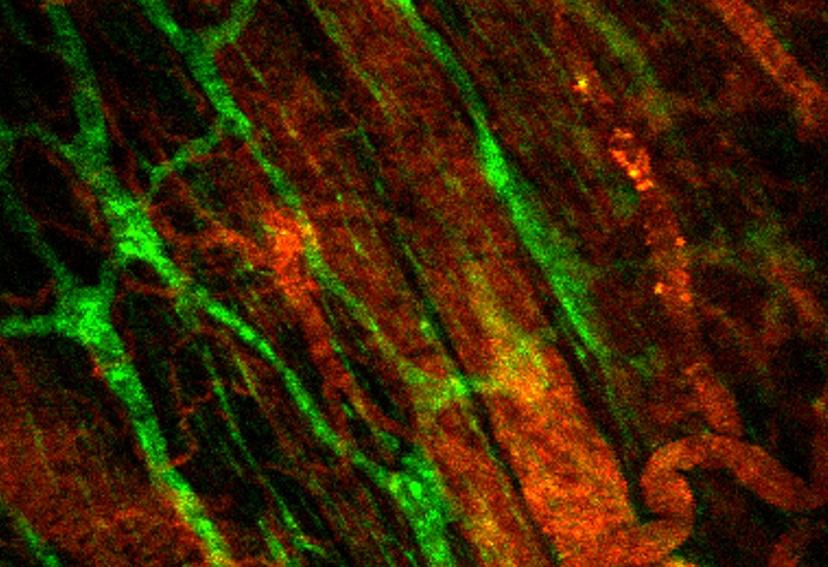
Including development of new strategies for regenerative medicine, treatment of genetic disease and techniques to establish robust gene circuit function
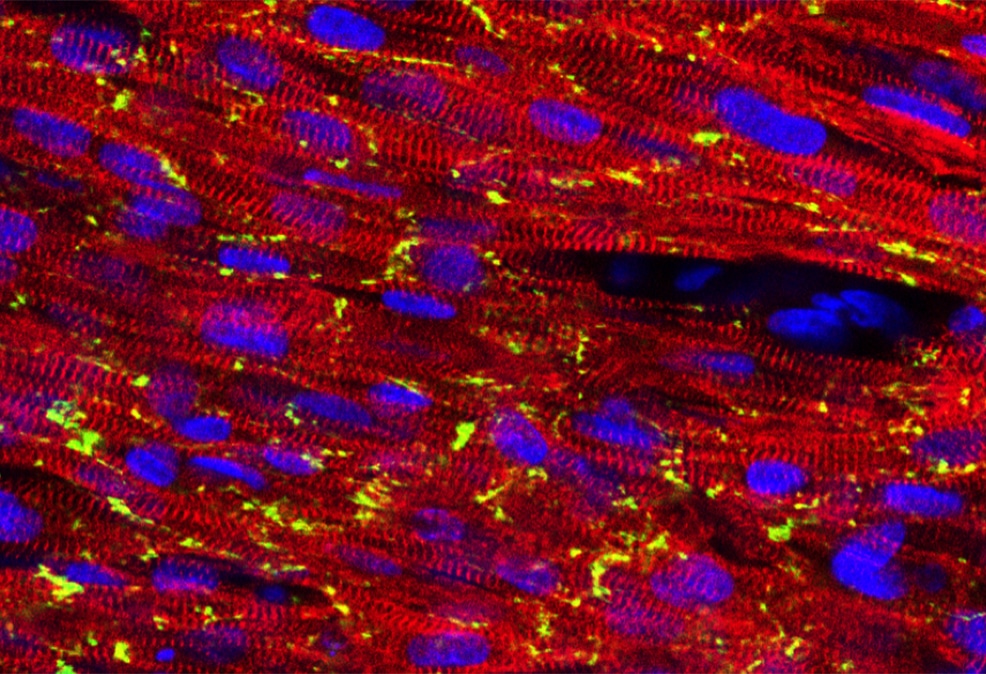
Investigating technologies from biomaterial/cell constructs for repairing various tissues and organs, to stem cell therapies, to immune therapies

Funding from the HFSP will support Hickey and his collaborators investigate how different molecules direct cellular behavior

The imaging technique makes it easier to conduct behavioral studies of freely moving animals

Jessilyn Dunn gathers biometric data from smartwatches to study and predict health changes